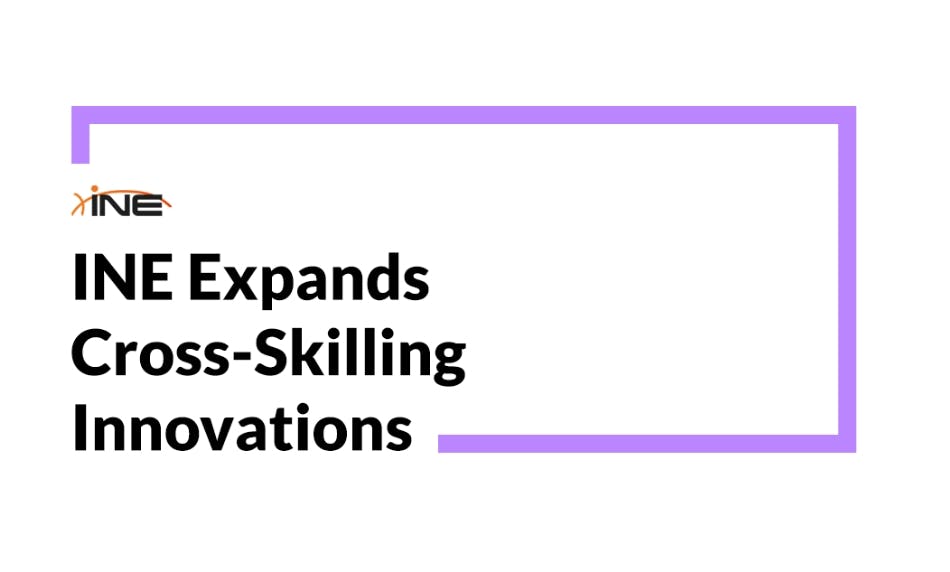USA has assured, according to Reuters, that If the European Union wants to lower the tariffs they have imposed on steel and aluminum from the region of 50% to 15% They will have to relax their digital regulations on AI and data protectionwith which they aim to favor their technology companies so that they have more facilities to access the information of EU citizens, as well as fewer legal and regulatory obstacles to act.
The request, that the United States Secretary of Commerce Howard Lutnickmade this Monday at a meeting in Brussels, calls for a more “balanced” regulation of the technology sector, within the framework of the implementation of its trade agreement last July, for which the EU tries to negotiate a reduction in tariffs on both materials, as well as their elimination for products such as wine and other alcoholic beverages, as well as olives, pasta, and medical devices and biotechnology.
But faced with the EU’s claims, Lutnick stopped them dead with the request, in addition to ensuring after the meeting that once in the region “establish a framework that we agree with and understand, and resolve these issues, then I believe we can address the issues related to steel and aluminum«.
Lutnick has not specified what changes they want in the legislation from the US, but he has highlighted that more “balanced” rules could attract billions in investment in the EU. The Trump Administration has long criticized the EU’s technology-related laws, which it believes hold back its tech companies with standards they must comply with. For example, to remove harmful content from social networks, or to protect user data from large American platforms.
The European Commission has said several times that they are within their rights when it comes to regulating digitally, and the EU Trade Commissioner, Maros Sefcovic, has assured that these rules are not discriminatory, as they maintain from the United States. But this is not enough for them.
In fact, the steps taken by the European Commission in recent days with the omnibus package of digital laws, which relaxes the GDPR and delays the entry into force of various rules of the AI Law, have already been interpreted in the European Union as an attempt to relax these rules to please the US.
This has caused a lot of opposition from organizations in favor of data protection and digital rights, as well as from citizens against relaxing the protection of their information and the obligations of technology companies.
But the claims of the United States may not be met with as much ease as they want, since Teresa Ribera, Vice President of the European Commissionhas responded to Lutnick pointing out that European digital standards are not open to negotiations.
According to Reuters, Ribera has stated that “We Europeans have adopted our rules to ensure fair markets, and to protect consumer rights. It is our duty to preserve our values and defend our citizens«.
It will therefore be necessary to see whether the EU, despite the concerns that the content of its omnibus package has raised among citizens, which is pending a vote in the European Parliament, bows to the requests of the United States or not.












